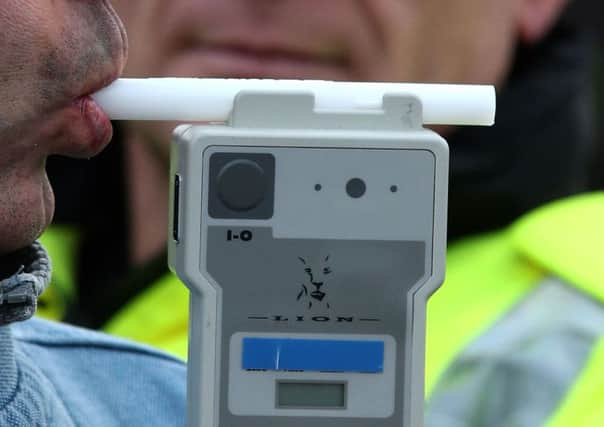Bid to escape drink driving conviction fails


Solicitors representing Joshua Whyte argued that the breathlyser, used at Wigan Police Station, must have malfunctioned after the second of two breath tests was higher than the first.
The High Court was told that his first reading was 61mg of alcohol per 100ml of breath - the legal limit is 35mg. The second reading came out at 64mg, prompting his lawyer to request 13 separate documents relating to the breathlyser when his case came to trial at Manchester and Salford Magistrates Court.
Advertisement
Hide AdAdvertisement
Hide AdDistrict Judge Mark Hadfield allowed records relating to the machine’s log and calibration and service certificates to be handed over to the defence.
One of the requests asked for the previous 299 results issued by the machine.
The Crown Prosecution Service, which claims it receives at least one such request every three weeks from defence advocates along the same lines, lodged an appeal.
So the original disclosure order by Judge Hadfield was temporarily halted until the High Court case was resolved.
Advertisement
Hide AdAdvertisement
Hide AdDefence experts claimed that the only explanation for the readings must have been because the breathlyser was faulty.
Allowing the CPS challenge, Sir Brian Leveson, sitting with Mr Justice Ouseley, said: “The first requirement is the basis for contending how the device might produce a printout which, on its face, demonstrated that it was operating in proper fashion, but which could generate a very significantly false positive reading, where, on the defence case, the true reading would have been well below the prosecution limit.
“The second requirement is to identify how the material which was sought could assist to demonstrate how that might have happened.”
But Sir Brian said the defence experts had provided no explanantion as to why the breathlyser had seriously malfunctioned - and still gave a positive rather than a negative reading.
The court heard that there was a risk, if the appeal was rejected, that CPS lawyers could be routinely asked for extensive documentation in drink-driving cases.